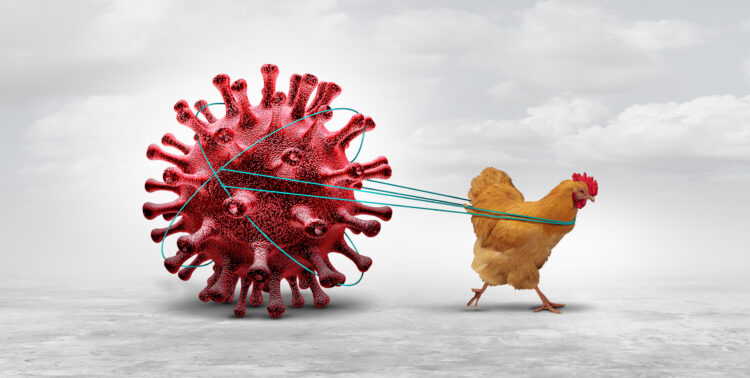
Although bird flu is not a typical pet disease, it is something pet owners should be aware of, especially if you live in an area with lots of birds. That is because we can never be too careful when it comes to our furry family members, right? Here are 15 facts to know about whether pets can get bird flu.
What is Bird Flu?
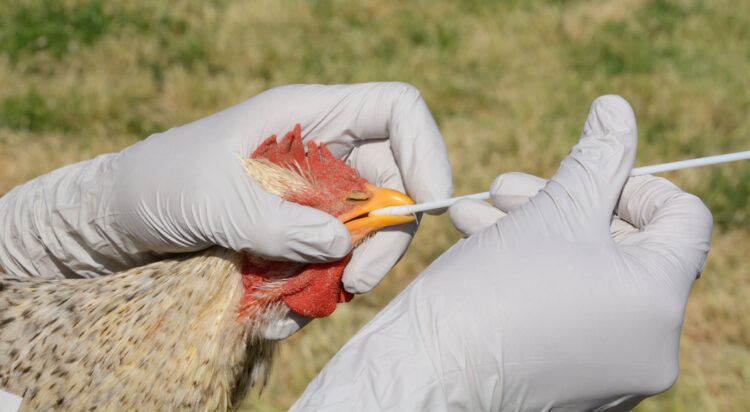
Bird flu, also known as avian influenza, is a type of flu that primarily affects birds, but it can also jump to other animals, including pets. It is generally caused by influenza viruses that occur naturally among wild aquatic birds and can infect domestic poultry and other bird and animal species.
Can Dogs and Cats Catch Bird Flu?
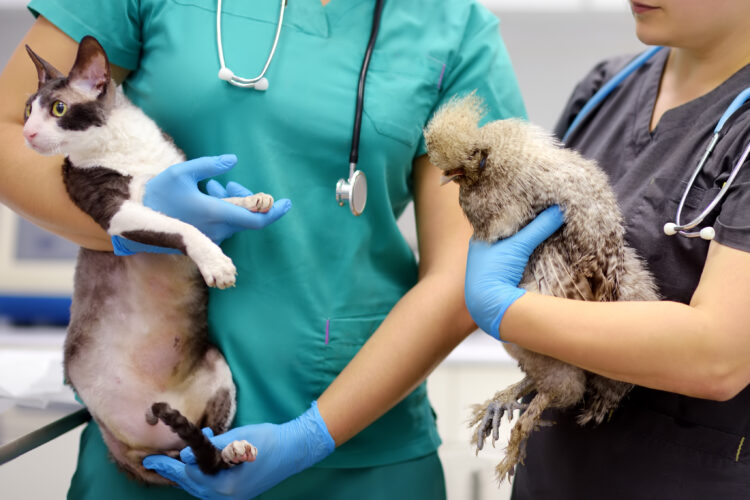
Yes, dogs and cats can catch bird flu, although it is quite rare. There have been a few cases where cats and even dogs in certain countries got infected after coming into contact with sick birds. The virus affects them differently, but it shows that our common pets are not immune to this disease.
Symptoms in Pets

If your pet were to catch bird flu, you might notice symptoms similar to human flu, like coughing, sneezing, and breathing difficulties. In cats, it can also lead to high fever and lethargy. Because these signs can be pretty vague and similar to other illnesses, it is always a good idea to see a vet if you notice any sudden changes in your pet’s health.
How Do Pets Get Infected?
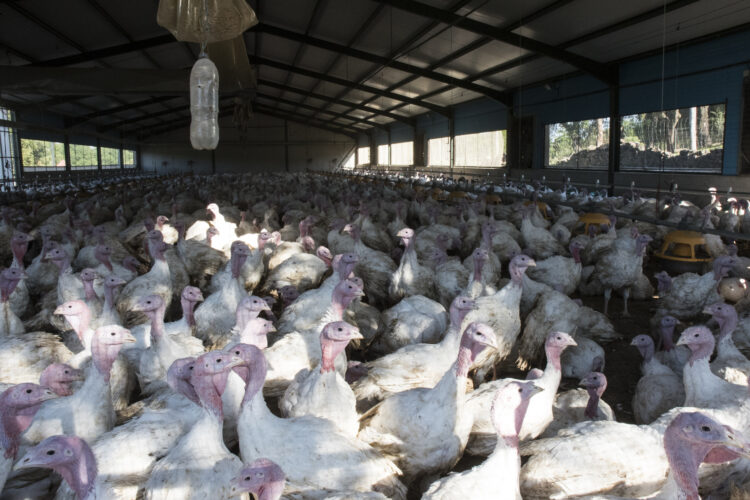
Pets usually get bird flu from direct contact with infected birds. This can happen if pets are allowed to roam freely in areas where infected birds live or have been. It is less common, but pets can also catch the virus indirectly, from contaminated surfaces like water bowls or bedding.
Preventing Bird Flu in Pets
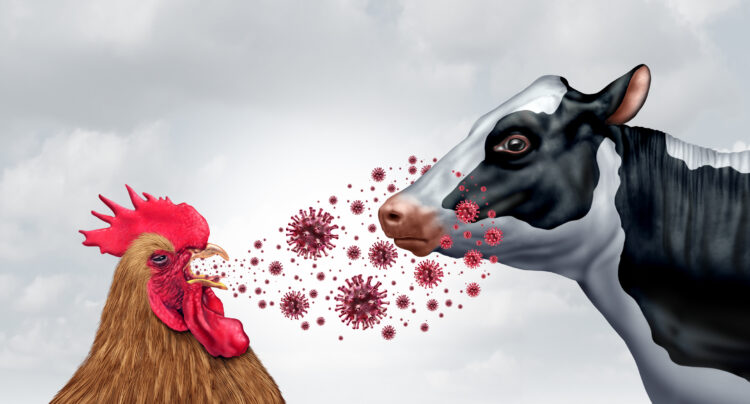
The best way to protect your pets is to keep them away from wild birds and areas where bird flu has been identified. If there is an outbreak near you, try to keep your pets indoors as much as possible, and always keep their environment clean. Regularly disinfect any items they frequently come into contact with, like their food and water dishes.
Vaccination for Pets?

Currently, there is not a widely available bird flu vaccine for household pets like cats and dogs. Vaccines exist for poultry because of the economic implications of bird flu outbreaks in these populations. For our household pets, the best prevention is to avoid exposure to infected birds and environments.
Are Certain Pets More Susceptible?
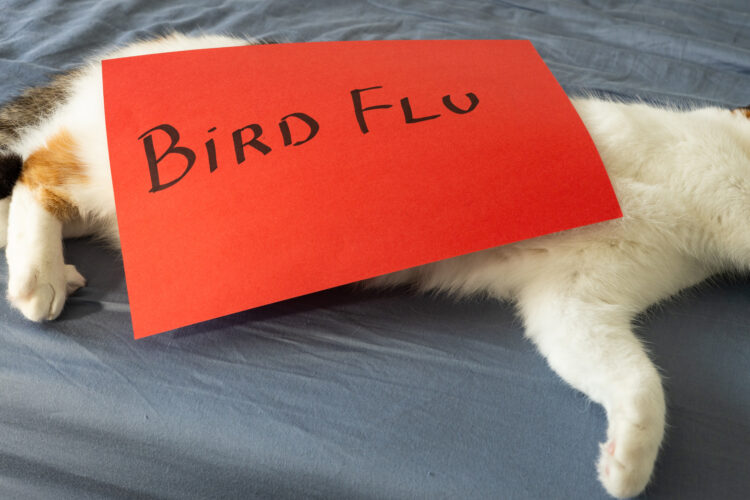
While it is rare for pets like dogs and cats to catch bird flu, certain species might be more vulnerable to infection. For example, cats are more susceptible to catching bird flu than dogs. This might be due to their hunting behaviors and chances of catching and eating infected birds. Always keep a closer eye on your cats during an outbreak, especially if they are outdoor explorers.
Reporting Illness
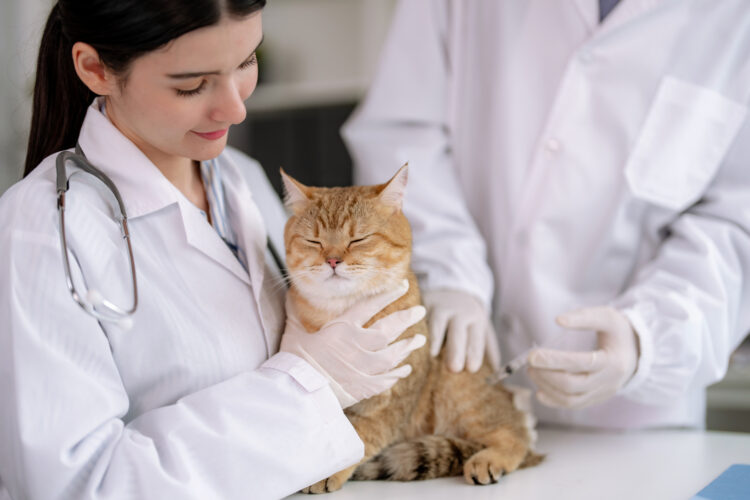
If you suspect that your pet might have bird flu, it is crucial to report it to your vet immediately. Quick action not only helps in treating your pet but also in preventing the spread of the virus to other animals and possibly humans. Authorities can also track outbreaks more effectively when cases are reported swiftly.
Risk to Human Health

The risk of pets transmitting bird flu to humans is considered low, but it is not impossible. There have been isolated instances where humans contracted bird flu from direct contact with infected birds. However, documented cases of transmission from cats or dogs to humans are extremely rare. Still, maintaining good hygiene and taking precautions during outbreaks is wise.
Global Concerns
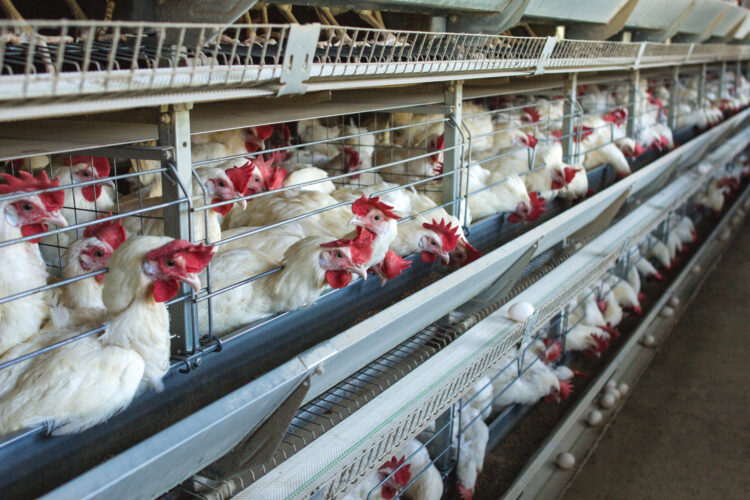
Bird flu outbreaks are a significant concern globally because of their potential to affect not only wild and domestic birds but also other animals and potentially humans. Monitoring and controlling these outbreaks are critical to public health and animal welfare. As a pet owner, staying informed about the global situation can help you take proactive steps to protect your pets and family.
Impact on Pet Birds

Pet birds, especially those that are closely related to wild birds like ducks and chickens, are also at risk of contracting bird flu. If you keep pet birds, it is essential to prevent them from interacting with wild birds. Ensuring that their enclosures are secure and not accessible to wild birds can minimize this risk. Symptoms in pet birds can be severe, so be vigilant in monitoring any signs of illness.
Behavioral Changes in Infected Pets

Apart from physical symptoms like coughing or sneezing, pets with bird flu may exhibit changes in behavior as well. This could include being unusually quiet, showing a lack of interest in food, or appearing unusually tired. It is important to note these behavioral changes as they can be early signs of not just bird flu but other serious illnesses as well.
Handling and Disposal of Deceased Pets

In the unfortunate event that a pet dies from bird flu, handling their remains safely is critical to prevent the spread of the virus. It is advised to contact local veterinary authorities for guidelines on proper disposal. Personal protective equipment should be worn during handling to reduce the risk of transmission.
Legal and Ethical Responsibilities

As a pet owner, you have legal and ethical responsibilities to ensure not only the health of your pets but also public health. This includes complying with local regulations regarding pet vaccinations and reporting illnesses. Keeping your pet away from the wild and reporting any illness to authorities are parts of these responsibilities.
Future Research and Developments
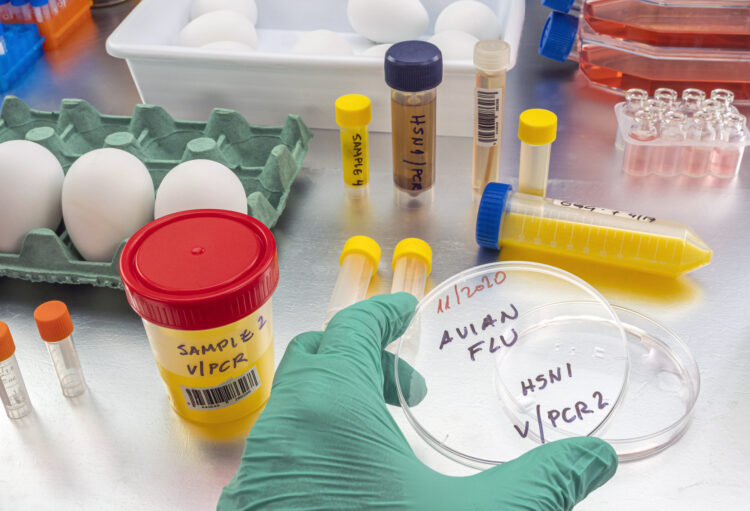
Research into bird flu and its impact on various species, including pets, is ongoing. Scientists are continuously studying how the virus evolves and spreads among different populations. Future developments may include more effective treatments or vaccines for non-avian pets. Staying updated with this research can help pet owners make informed decisions about their pets’ health.

Comments
Loading…